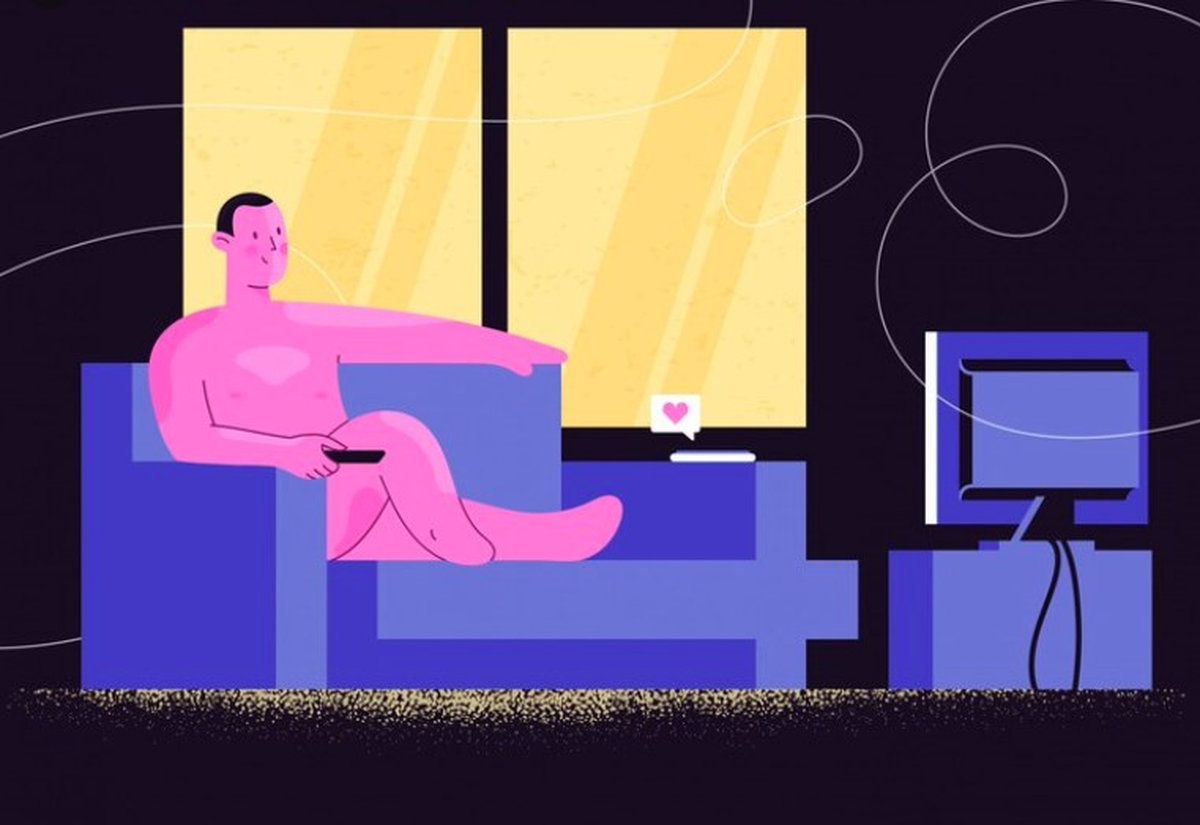PETALING JAYA: Once hidden behind closed doors, pornography addiction is quietly taking hold among Malaysian youth, fuelling anxiety, depression and warped ideas of intimacy, experts warn.
“It’s no different from gambling or gaming addiction – it’s compulsive, harmful and hard to stop,” said Dr Siti Aisyah Panatik, psychology professor at Universiti Teknologi Malaysia. “Young people are turning to porn as an emotional escape, even when it starts damaging their studies, relationships and mental health.”
She added that while curiosity about sex is natural, addiction is marked by loss of control, preoccupation and continuing despite clear harm.
Although the American Psychological Association has yet to formally recognise porn addiction, the World Health Organisation’s ICD-11 includes “compulsive sexual behaviour disorder” under which many clinicians place problematic porn use.
Siti Aisyah warned that Malaysian youth are especially vulnerable, often battling guilt, anxiety, low self-esteem, depression, sexual dysfunction and difficulty forming real-life connections.
“In our society, sexual taboos add another layer of shame and silence, making it harder to seek help.”
She said repeated exposure can also rewire the brain’s reward system.
“Neuroplasticity studies show chronic porn use alters dopamine pathways, leading to desensitisation and the need for ever more extreme content. This can distort expectations of intimacy and encourage objectifying partners.”
Siti Aisyah urged parents
and educators to watch for the “3 Cs”– loss of control, compulsion
and consequences.
“Some might want to stop but can’t, some use porn to cope with stress or boredom, or keep watching even when it clearly harms their wellbeing.”
Other warning signs include spending excessive time online, neglecting responsibilities and escalating to more graphic material.
She noted that limited sex education, strict cultural norms and a lack of open family conversations often leave the internet – and pornography – as the first source of sexual information for young people. Combined with digital convenience and everyday stress, porn can quickly become an unhealthy coping mechanism.
Rather than shame or moralising, families should respond with empathy, said Siti Aisyah.
“Start with curiosity, not accusation. Show concern instead of condemnation. Remind them that seeking help is a strength, not a weakness. Learning how addiction works and setting respectful boundaries can help reduce secrecy and stigma.”
Siti Aisyah said although therapy through trained psychologists and counsellors is available, Malaysia still lacks national treatment guidelines or a structured framework to address porn addiction.
“We need stronger policy focus to develop these frameworks. Punishment alone isn’t the answer. Prevention is far more effective,” she said, adding that schools and public campaigns need to go beyond abstinence-only messages.”
She also called for age-appropriate sex education covering consent, media literacy and healthy relationships, alongside honest conversations at home.
Programmes such as Pekerti are a start, she said, but should be updated with modern psychological approaches that resonate with today’s youth.
(Pekerti is a programme focused on providing education and skills training to promote healthy lifestyles, particularly related to reproductive health and responsible decision-making. It also aims to equip participants with the knowledge and skills to avoid risky sexual behaviours and make informed choices)
“As pornography becomes easier to access, ignoring the problem risks leaving the next generation to pay the price,” added Siti Aisyah.









